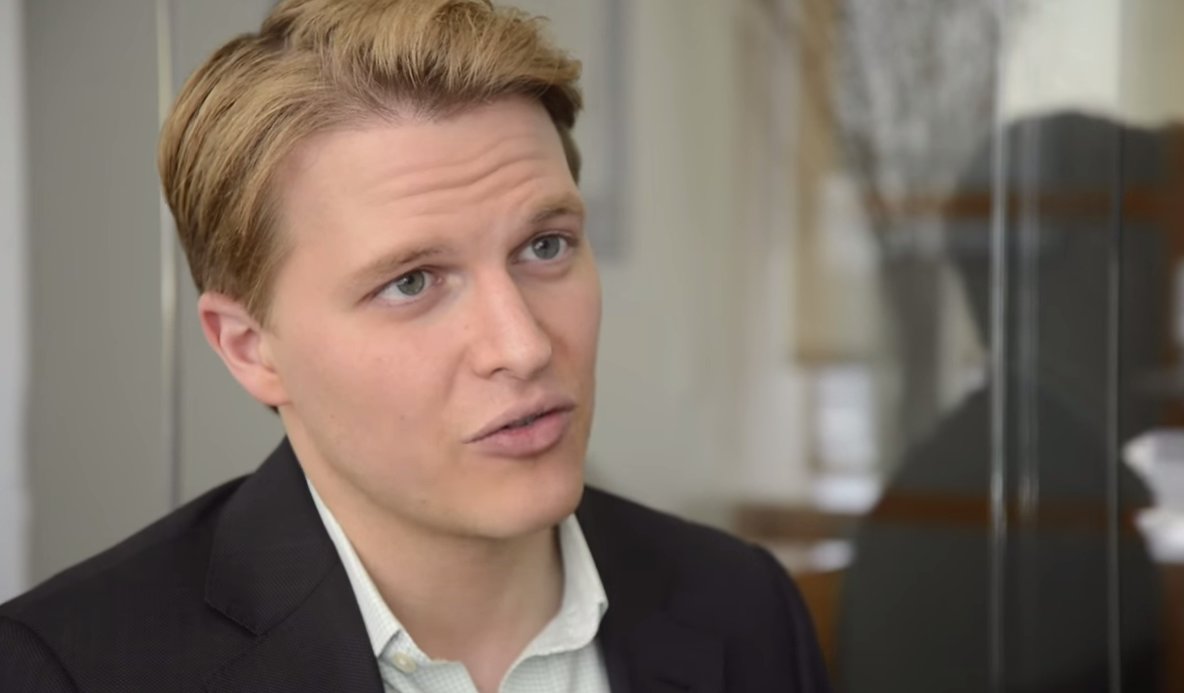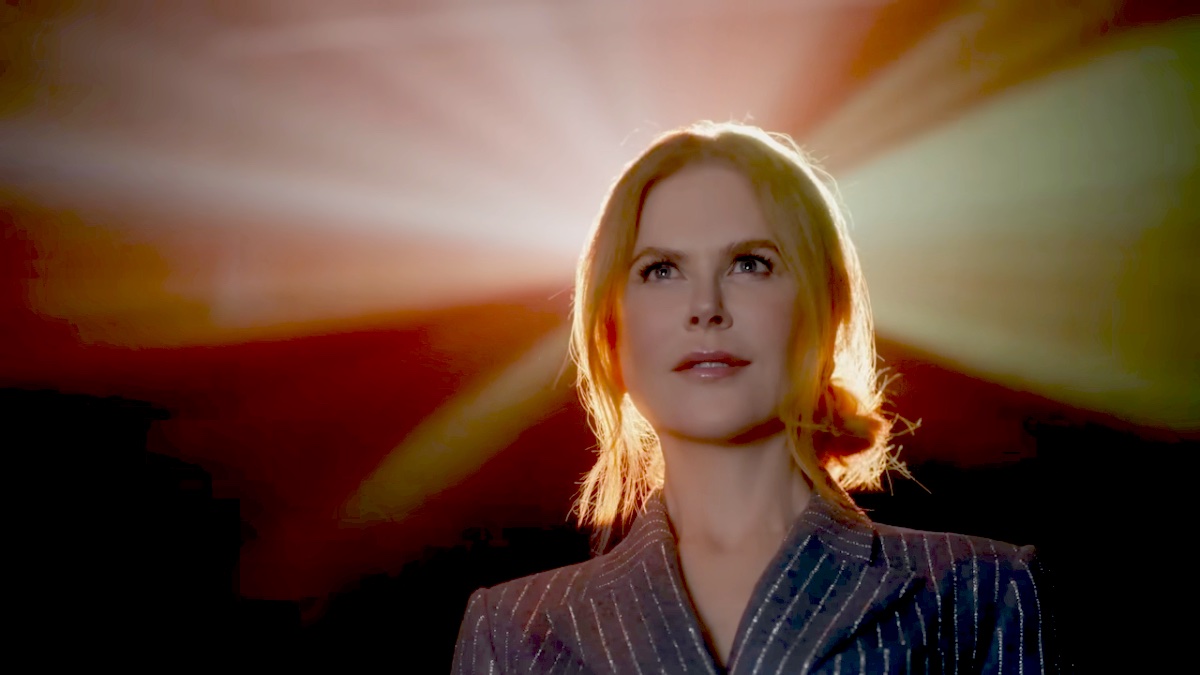.@RonanFarrow pens blistering essay about dad Woody Allen and the media for THR: https://t.co/jlXqqaECw2 pic.twitter.com/p98VzyQPPn
— Hollywood Reporter (@THR) May 11, 2016
Today, the Hollywood Reporter published a guest column by Ronan Farrow titled “My Father, Woody Allen, and the Danger of Questions Unasked,” and it’s a tough but very important read.
Farrow, who is himself a reporter, talked about interviewing a journalist about their Bill Cosby biography and the strong amount of hesitance and push-back he received from other industry veterans when he said he intended to bring up the first allegations of sexual assault. Farrow admits his own embarrassment regarding the incident, where he ultimately decided to ask “only in a single question late in the interview.”
Following this anecdote, he addresses his own family background—specifically his sister Dylan Farrow’s own piece in The New York Times, “An Open Letter From Dylan Farrow,” in which she recounts in detail her allegations of assault at the hands of Woody Allen. Ronan Farrow says the piece was not only difficult for his sister to publish (“she had gone to multiple newspapers—most wouldn’t touch her story”), but the ensuing “PR blitz” revealed how the power imbalance attacks and hurts survivors.
Soon afterward, the Times gave her alleged attacker twice the space — and prime position in the print edition, with no caveats or surrounding context. It was a stark reminder of how differently our press treats vulnerable accusers and powerful men who stand accused.
Farrow extends a call to action for the media to start asking the difficult and uncomfortable questions. He critiques the recent cover interview The Hollywood Reporter did with Allen, and talks about the challenges when talking about allegations without legal ruling. A topic that constantly comes up around sexual assault is the fact that many survivors don’t want to take things to court, or that courts are oftentimes traumatic, unhelpful, or insufficient. Reporters, he says, are sometimes the only people who can include and take stories seriously “against a justice system and a culture designed to take them to pieces.”
Spotlight, for example, recently brought to the forefront discussions on how justice regarding the sexual abuse of children is especially horrible, and how media has both failed and empowered survivors. It also revealed how media might the the only option for many adults who didn’t coming to terms with their abuse until adulthood and only to have the statutes of limitations already expired (the Child Victims Act which would remove these statutes of limitations have failed to pass the state Senate in New York four times since 2006).
Farrow recalls one actor he respects telling him, “It’s not personal,” in reference to working with Woody Allen. Personally, I know lots of people who like his movies, and who say that they can separate the art from the artist, but what does it say to survivors when they see Allen’s success? When they see celebrities they admire work with him, thank him in speeches, and contribute to his fame? Vulture points out that Kristen Stewart, who appears in Allen’s new film alongside Blake Lively, Steve Carell, and Jesse Eisenberg, defended her decision to work with Allen. Stewart’s words seem to prove Farrow’s point. Stewart had previously said:
What do you think? We don’t know any of these people involved. I can personalize situations, which would be very wrong. At the end of the day, Jesse and I talked about this. If we were persecuted for the amount of shit that’s been said about us that’s not true, our lives would be over. The experience of making the movie was so outside of that, it was fruitful for the two of us to go on with it.
The reason this comment of “we don’t know any of these people involved” snags is because even if we don’t know Dylan Farrow, we probably know people who’ve been through similar traumas and can relate to parts of her story. We probably know people who’ve been silenced with the words of “it’s not personal” when their friends or family still engage with their abuser or are told “there are liars out there” when they come forward.
That kind of silence isn’t just wrong. It’s dangerous. It sends a message to victims that it’s not worth the anguish of coming forward. It sends a message about who we are as a society, what we’ll overlook, who we’ll ignore, who matters and who doesn’t. We are witnessing a sea change in how we talk about sexual assault and abuse. But there is more work to do to build a culture where women like my sister are no longer treated as if they are invisible. It’s time to ask some hard questions.
THR has not one but TWO soft pieces about Woody Allen running underneath Ronan Farrow’s column about his crimes pic.twitter.com/QemClAZvsD
— Jack Mirkinson (@jackmirkinson) May 11, 2016
Zero journalists at the Woody Allen press conference asked him about this @RonanFarrow piece, proving his point. https://t.co/J7BV35MjNh
— Matthew Belloni (@THRMattBelloni) May 11, 2016
I recommend reading Ronan Farrow’s entire account. It’s something that everyone, not just those in media, should consider.
(via The Hollywood Reporter, Featured Image via HWA Speaker’s Bureau)
—The Mary Sue has a strict comment policy that forbids, but is not limited to, personal insults toward anyone, hate speech, and trolling.—
Follow The Mary Sue on Twitter, Facebook, Tumblr, Pinterest, & Google+.









Published: May 11, 2016 03:09 pm